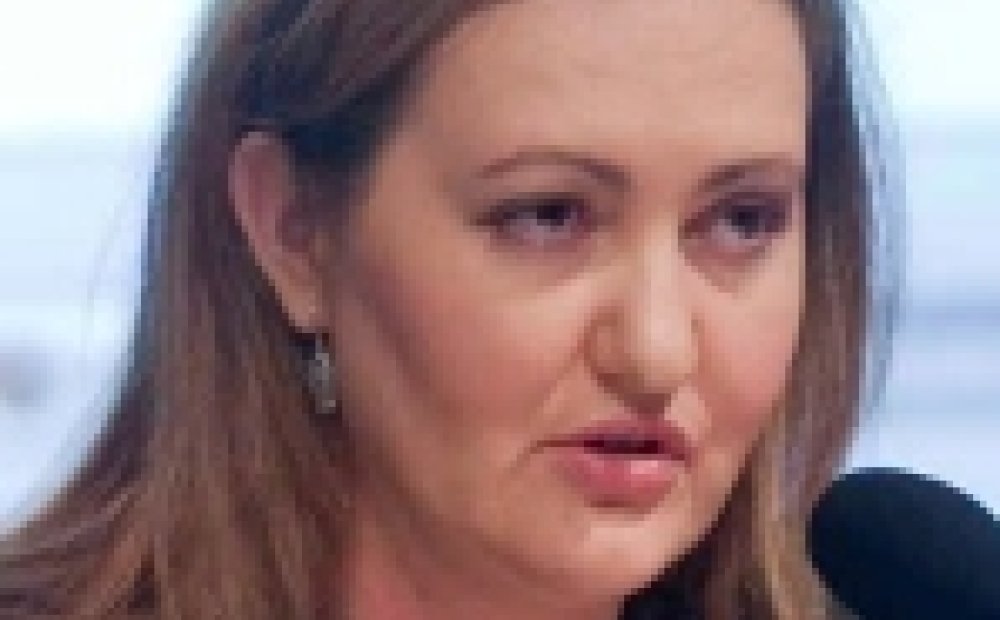Killed Without Consequence: Why the Murder of Russian Journalists Matters Beyond Russia

"Russia has consistently ranked among the deadliest countries in the world for journalists, and it is among the countries with the worst record for solving crimes against the press," noted Nina Ognianova, Program Coordinator, Europe and Central Asia, Committee to Protect Journalists. At a 28 February 2011 Kennan Institute discussion, Ognianova expounded on the dangers journalists faced working in Russia, focusing particularly on the number of journalists murdered in the line of duty.
Since 2000, 19 journalists have been killed in Russia for their work. Ognianova provided brief descriptions of each of the victims, noting that many of the journalists covered such controversial topics as human rights issues and the North Caucasus region. Only one of these 19 deaths has been solved. "The pattern of impunity in journalist killings," the speaker further noted, "contrasts sharply with Russia's law enforcement's stated record in solving murders among the general population." Ognianova noted that the failure to achieve justice in journalist murder cases can be traced to every stage of the process: political, investigative, prosecutorial, and judicial. In particular, the political climate is set by the Kremlin, where leaders have for years sought to obstruct and marginalize critical journalists.
In addition to centralizing power, the speaker explained that the Kremlin has also limited the influence of independent journalists over time. In conjunction with the authorities' failure to investigate murder cases of those professionals, journalists in Russia feel very unsafe. The journalists' lack of protection has significant ramifications: "Deadly violence leads to pervasive self-censorship among journalists," Ognianova asserted, "leaving issues of international importance either underreported or entirely uncovered."
The implications of this situation extend beyond the field of journalism to the global political stage, Ognianova noted. The international community has vested interest in addressing this issue, as matters of global significance are not reported to the fullest extent. For Russian leaders, the speaker argued that protecting journalists is a matter of upholding national security and the rule of law. "When 19 journalists are killed for asking tough questions and not a single case is fully solved," Ognianova said, "the government is not meeting its duty to uphold the law."
In conclusion, the speaker noted that Russian authorities must work to uphold human rights and promote open access to information regarding murder cases of journalists. In conjunction with pressure from the international community, Ognianova concluded, success in these endeavors will ultimately help to "repopulate the independent journalists' community" in Russia.
By Amy Shannon Liedy
Blair Ruble, Director, Kennan Institute
Speaker
Hosted By

Kennan Institute
After more than 50 years as a vital part of the Wilson Center legacy, the Kennan Institute has become an independent think tank. You can find the current website for the Kennan Institute at kennaninstitute.org. Please look for future announcements about partnership activities between the Wilson Center and the Kennan Institute at Wilson Center Press Room. The Kennan Institute is the premier US center for advanced research on Eurasia and the oldest and largest regional program at the Woodrow Wilson International Center for Scholars. The Kennan Institute is committed to improving American understanding of Russia, Ukraine, Central Asia, the South Caucasus, and the surrounding region through research and exchange. Read more
